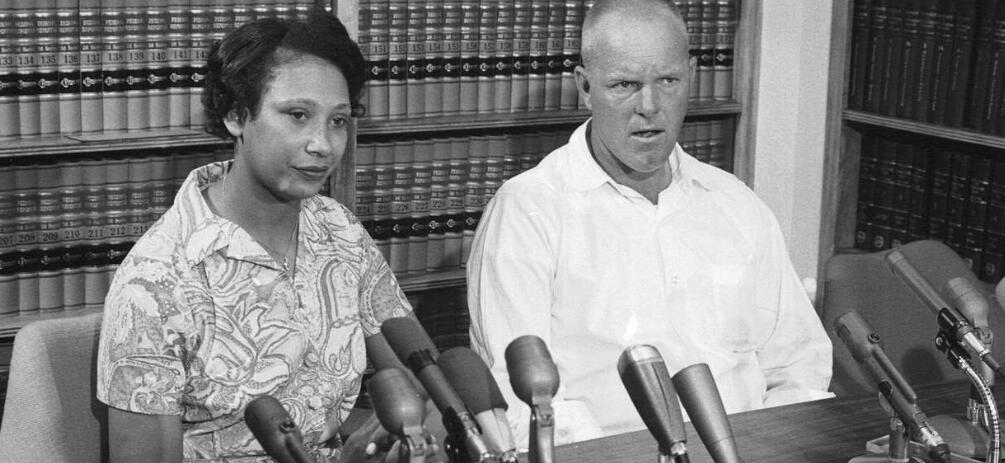In recent years, the concept of marriage has undergone a significant transformation. Gone are the days when marriage was solely seen as a union between two people, with no regard for individual identity or personal freedom. Today, marriage is a complex and multifaceted institution that recognizes the inherent value and autonomy of each partner.
This shift in perspective is reflected in the law, with a growing recognition of the importance of individual rights and freedoms within a marriage. The notion that one partner can dictate the terms of the relationship, suppressing the other's autonomy, is no longer tolerated. Instead, courts are now more likely to prioritize mutual respect, communication, and equality in all aspects of the relationship.
As a result, couples are increasingly seeking legal guidance to navigate these changing dynamics. They want to know their rights and responsibilities, and how to protect their interests while also respecting those of their partner. They want to build strong, healthy relationships that allow for growth, compromise, and mutual support.
As a lawyer specializing in marriage law, I've witnessed firsthand the impact of this shift in perspective. Couples are no longer simply seeking to get married or divorced; they're seeking to build meaningful connections that honor their individuality while strengthening their bond. By understanding and adapting to these changing attitudes, we can create a more equitable and compassionate approach to marriage law that truly serves the needs of all parties involved

